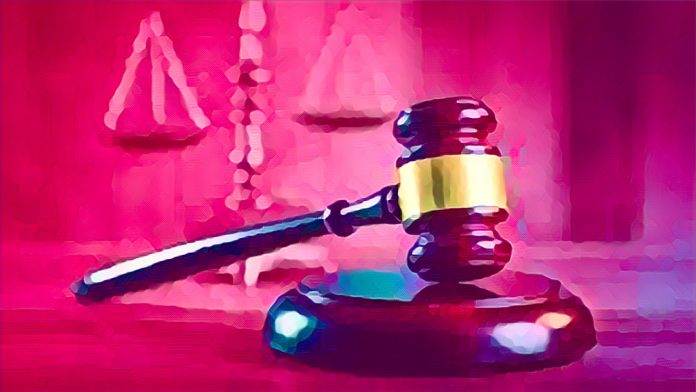KEY POINTS
- The US Supreme Court paused a deportation deadline for Kilmar Garcia.
- Garcia was mistakenly deported due to an administrative error.
- Garcia’s attorneys argue he should return to the US immediately.
The United States Supreme Court temporarily paused a deadline on Monday, granting a brief reprieve for Kilmar Garcia, a Maryland man mistakenly deported to El Salvador last month.
The decision extends the deadline until the court issues a full ruling in Garcia’s case, which stems from an administrative error made by immigration authorities.
Temporary relief from deportation deadline
Chief Justice John Roberts issued the “administrative stay,” a decision that delays the midnight deadline for Garcia’s return, which had been imposed by a lower court.
The ruling came after Garcia’s legal team argued that he was deported in error, despite being legally protected from deportation due to threats he faced from the notorious MS-13 gang in El Salvador.
The Supreme Court’s intervention gives Garcia more time before the government is required to comply with a lower court order to bring him back to the United States.
His deportation on March 15 was the result of a bureaucratic mistake, but the government had contended that logistical issues in El Salvador were preventing his return.
Legal arguments in Garcia’s deportation case
According to Punch, Garcia’s attorney, Simon Sandoval-Moshenberg, expressed optimism following the Supreme Court’s ruling, emphasizing that this stay was temporary. “We have every confidence that the Supreme Court will resolve this matter as quickly as possible,” Sandoval-Moshenberg said.
Garcia, who has three children, had been living in the United States illegally but had previously been granted temporary protection from deportation by an immigration judge. This protection stemmed from threats to his life by the MS-13 gang.
However, after the Trump administration declared MS-13 a foreign terrorist organization, the government began efforts to deport Garcia.
The Justice Department raised constitutional concerns, arguing that federal courts should not have a say in foreign diplomacy or the removal of individuals deemed a threat to national security.
Despite these concerns, Garcia’s lawyers assert that he remains in El Salvador solely because of the United States’ error and should be allowed to return.
“There is no dispute that Abrego Garcia is only in El Salvador because the United States sent him there,” his attorneys stated. “There is likewise no dispute that he is being held only because the United States has requested that he be held.
And there is no evidence in the record of this case supporting the government’s contention that it cannot bring him back.”



